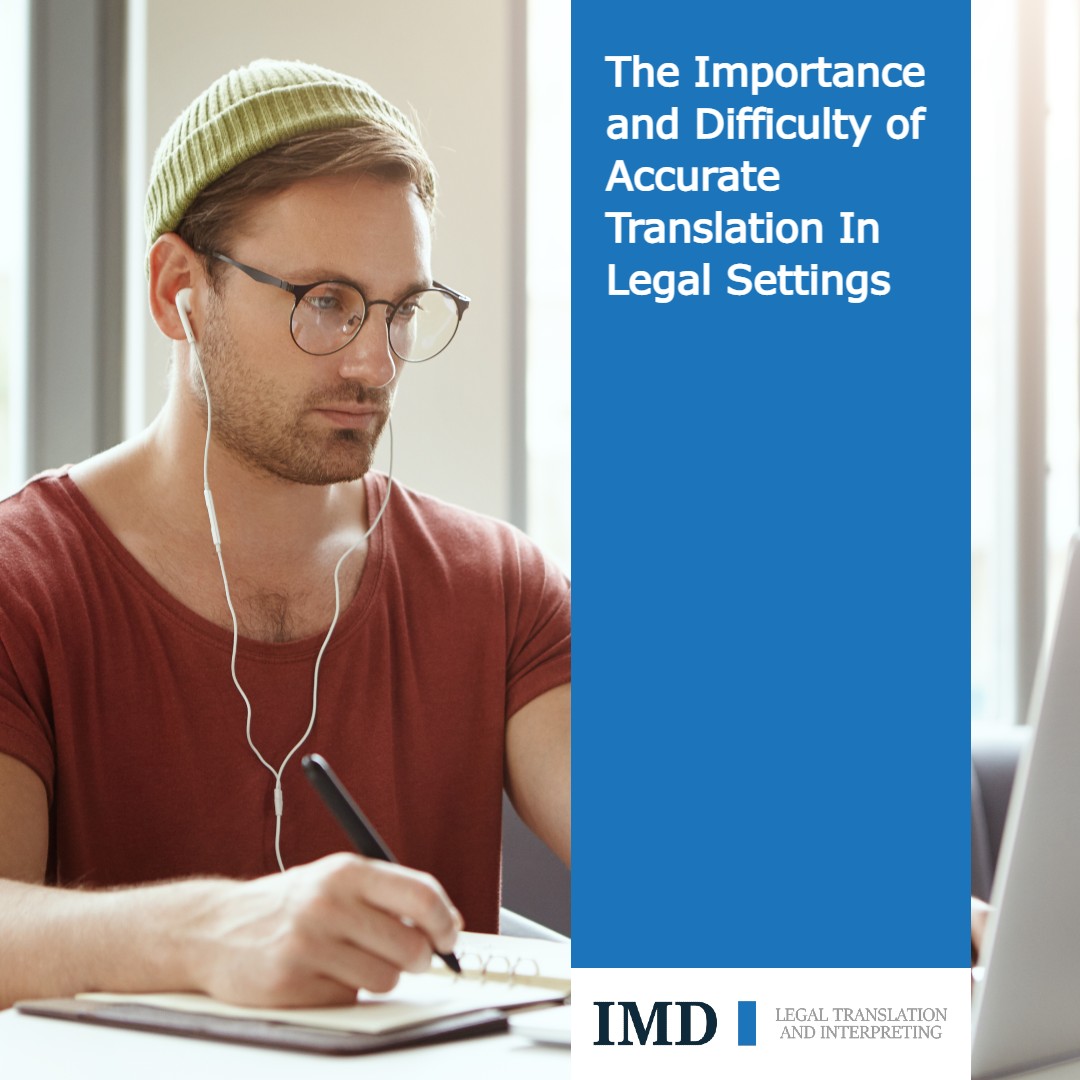
“Translation is not a matter of words only: it is a matter of making intelligible a whole culture.”
— Anthony Burgess, author of A Clockwork Orange
An English lawyer walks into a Spanish bar and the barman asks “¿Cómo llegaste?” (How did you get here?). The lawyer responds “Cogí el tren,” (I took the train) and enjoys a drink. The same lawyer later flies to Mexico on business and walks into a local taverna. The waiter asks “¿Cómo llegaste?” and the lawyer once again responds “Cogí el tren,” only to be met with stunned silence followed swiftly by some sniggering. In Mexico, the Spanish verb ‘coger’ (meaning ‘to catch/take’), which is completely innocent in Spain, means *ahem* ‘to get one’s leg over’ on the other side of the Atlantic.
What was a perfectly sound response in Spain was quite rude in Mexico. Our lawyer, although able to speak some Spanish, was not au fait with the differing contexts, understandings and settings of different locales. Subsequently, as he did not understand the culture and language of Mexico, he fell afoul of an amusing faux pas. Spanish is spoken in 21 territories and, by estimation, up to around 10% of the world’s population, so it is perhaps not so surprising that there are different varieties, flavours, and creoles, each being part of equally unique cultures.
This story is quite amusing, and quite harmless; however, imagine this was not a lawyer in a bar making chitchat with the local waiter, but a solicitor in a court of law and an interpretation or translation being relied upon is equally faulty. Suddenly the consequences of a misinterpretation or mistranslation may be much more serious.
If such difficulties are existent within what is generally regarded as the same language, one can easily appreciate the added difficulty when translating between different languages, and it is of no surprise that linguistic issues are only compounded in a legal context. Indeed, it is often said that ‘legalese’ is akin to a foreign language itself.
Any serious act of translation or interpretation requires great linguistic competence and cultural understanding across at least two languages. When interpreting or translating documents for legal purposes additional competence is required commensurate with the type of document being translated; for instance, medical knowledge is required when translating medical documents in personal injury or medical negligence claims (one does not want to mistranslate the instructions for how to use an endoscope for example!).
A translator operating in the legal field not only requires the above mentioned linguistic competencies, but further requires a knowledge of the respective legal systems of the language pair, a familiarity with related and relevant terminology, and ability in the target language’s specific form of legalese or legal style of writing. A translator must come to a complete understanding of the material requiring translation; the what, why and how of the document, and then must find an equivalent meaning in the target language.
A legal translator works not simply across languages, but across legal languages which take their meaning from specific legal systems, and must have an in-depth understanding of both the source and target legal systems in addition to the source and target languages before being able to decide whether that term really is appropriate. When this goes wrong, the cost to the client can be huge, potentially leading to years of expensive arbitration; take the Occidental vs. Ecuador case for example, in which sub-par English translations of Ecuadorian case law contributed to a 40% increase in the damages awarded!
Solicitors are very often not professional linguists themselves, nevertheless frequently come up against linguistic issues and language requirements, whether it be a witness statement from a non-native speaker, international arbitration, or a multi-national investigation. It is of great importance to the case at hand, the solicitor’s professionalism, and the handling firm’s reputation that competent linguists are engaged and instructed in meeting these language service needs to a high and accurate standard.
At IMD Solicitors we are fortunate to have a reliable language service partner in our sister company, IMD Legal Translation and Interpreting Ltd, a fully independent company focussing on language service provision for the legal sector.
If there is something important that needs an accurate and reliable translation, IMD Legal Translation and Interpreting is the language partner of choice – In important matters, they really do speak your language! Get in touch with them at www.imdtranslation.co.uk or info @imdtranslation.co.uk to discuss any language service requirements you may have.
Call us today on 0330 912 1530